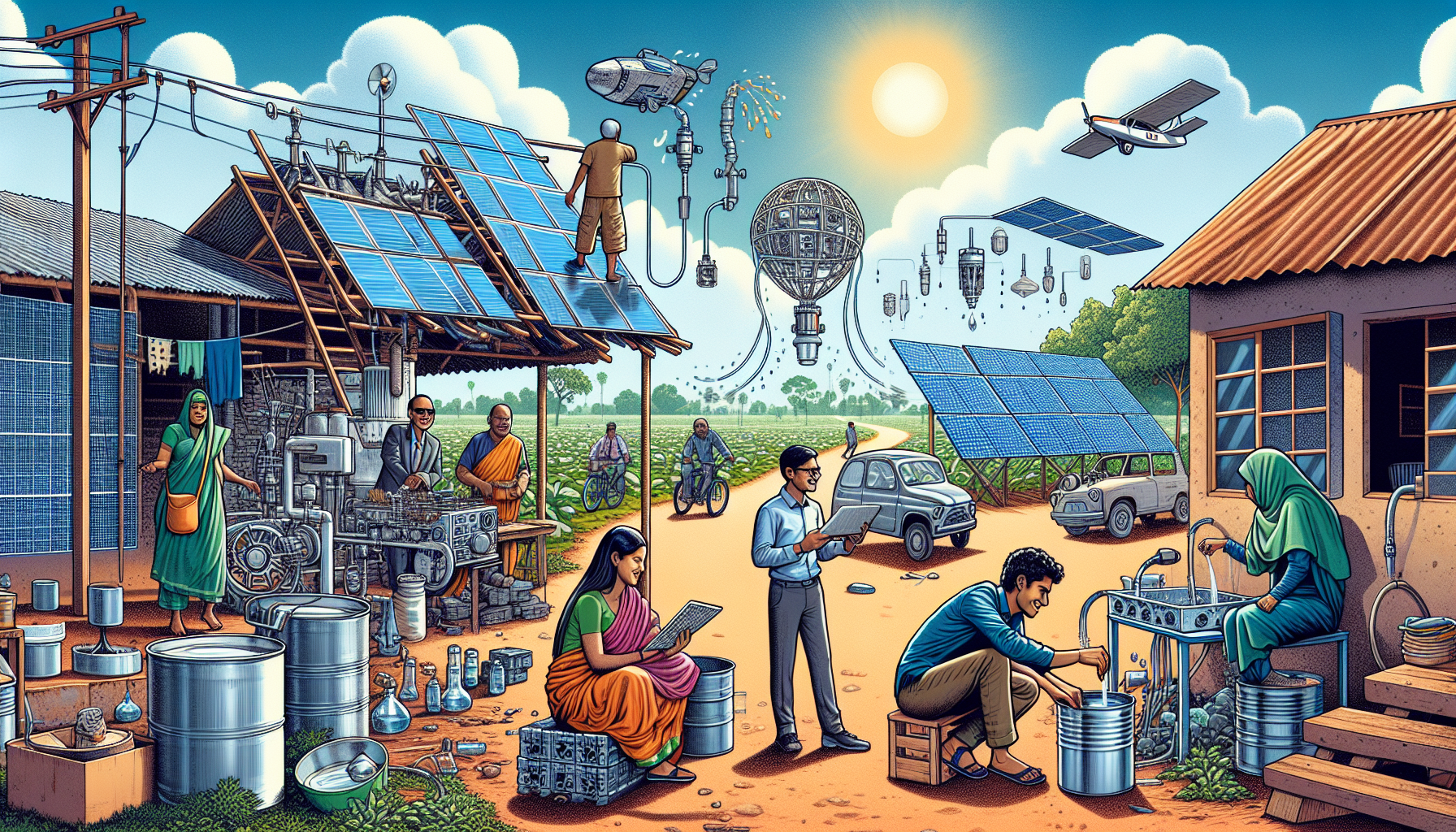Coding for Good: Software Engineers as Agents of Social Change

Technology holds the unique ability to reach and impact millions globally, presenting an unparalleled opportunity for social change. Software engineers, equipped with technical expertise and creative problem-solving abilities, can harness this potential to drive positive transformations. Whether through open-source collaborations, nonprofit initiatives, or corporate social responsibility programs, the influence of socially conscious software engineering is both profound and far-reaching. For instance, open-source projects like Mozilla's Firefox or Linux empower communities by providing free, customizable software that fosters innovation and collaboration. Nonprofit organizations, such as Code for America, utilize the skills of software engineers to address civic challenges, creating solutions that benefit government services and community engagement. Additionally, companies increasingly integrate social responsibility into their business models, dedicating resources to projects that aim to solve societal challenges.
Accessibility Tools: Bridging the Gap
One of the most significant contributions software engineers can make is in the realm of accessibility. By developing tools that render technology usable for people with disabilities, engineers help bridge gaps between communities and ensure equal access to information and services. Consider the development of screen readers for visually impaired individuals, voice recognition software for those with mobility challenges, and customizable interfaces that cater to diverse needs. These innovations not only empower individuals but also promote a more inclusive society. For example, Apple's VoiceOver, a screen reader integrated into its products, provides visually impaired users with the capability to navigate digital content independently. Similarly, Google's Project Euphonia aims to improve speech recognition software to understand diverse speech patterns, including those of individuals with speech impairments. These initiatives underscore how technology can be a powerful equalizer, breaking down barriers and enhancing the quality of life for all.
Platforms for Social Justice
Software engineers are instrumental in creating platforms that promote social justice and amplify underrepresented voices. Social media, crowdfunding sites, and petition platforms have democratized advocacy, enabling individuals and groups to champion change more effectively. Platforms like Change.org allow people to initiate and sign petitions on issues they care about, often leading to significant policy changes. Engineers behind these platforms continuously work to improve user experience, security, and accessibility to ensure their effectiveness as tools for advocacy and change. A notable example is the Black Lives Matter movement, which has utilized social media platforms to raise awareness, mobilize supporters, and advocate for racial justice. Similarly, crowdfunding platforms like GoFundMe have enabled marginalized communities to raise funds for various causes, from healthcare to education, illustrating the power of technology in supporting grassroots initiatives.
Case Study: Crisis Management and Humanitarian Technology
In times of crisis, software engineers play a crucial role in developing solutions that can save lives and disseminate critical information. During natural disasters, engineers have created apps that help track wildfires, provide real-time weather updates, and facilitate communication for emergency responders. Moreover, innovative technologies such as blockchain are being utilized to ensure transparency and efficiency in aid distribution for humanitarian efforts. These developments highlight the vital role of technology in crisis management and underscore the importance of skilled engineers crafting these solutions. For instance, during the COVID-19 pandemic, software engineers developed contact tracing apps to help track virus spread, and platforms like Zoom became essential for maintaining communication while adhering to social distancing guidelines. These examples demonstrate how technology can adapt swiftly to meet urgent societal needs.
Challenges and Considerations
While the potential for software engineering to drive social change is immense, it is not without challenges. Engineers must navigate issues related to data privacy, ethical considerations, and the digital divide. It is crucial for professionals in the field to approach projects with a mindset of inclusivity and responsibility, ensuring technological advancements benefit all segments of society rather than exacerbate existing inequalities. Additionally, ethical considerations such as algorithmic bias must be addressed to prevent reinforcing stereotypes or discrimination. Engineers must strive for transparency and accountability in their work, fostering trust and ensuring that technology remains a force for good.
Software engineers hold the key to unlocking technology's potential for social good. By focusing on accessibility, social justice, and crisis management, they can create tools and platforms that make a tangible difference in people's lives. As technology continues to evolve, the role of engineers as agents of social change will only become more critical. Through conscious effort and innovative thinking, they can help shape a future where technology serves as a force for equity and empowerment for all. As we advance into an increasingly digital future, the contributions of software engineers will be essential in crafting a more inclusive and just world.
Accessibility Software Developer
Apple, Microsoft, and Google
Job Description
Develop assistive technologies such as screen readers, voice recognition systems, and adaptable interfaces for individuals with disabilities.
Collaborate with UX/UI designers to ensure products are user-friendly and meet accessibility standards like WCAG.
Requirements
Must possess strong skills in JavaScript, Python, or C++ and experience in accessibility testing tools.
Civic Technology Specialist
Code for America and various local government bodies
Job Description
Design and implement software solutions that address civic challenges, improving public services and community engagement.
Work with government agencies and non-profit organizations to tailor technology solutions for public benefit.
Requirements
Requires experience in open-source development and a background in public administration or policy.
Social Impact Data Scientist
Palantir, IBM, and nonprofits focused on social impact
Job Description
Analyze large datasets to derive insights that inform social change initiatives, focusing on education, healthcare, or environmental issues.
Develop predictive models to forecast outcomes and optimize resource allocation for nonprofits and social enterprises.
Requirements
Proficiency in R, Python, and machine learning algorithms, along with a strong understanding of ethical data usage, is essential.
Crisis Management Software Engineer
Amazon and IBM, as well as NGOs focused on disaster response
Job Description
Create and maintain applications that deliver real-time updates and facilitate communication during emergencies.
Collaborate with emergency response teams to ensure technology solutions are effective and reliable in crisis situations.
Requirements
Experience with cloud technologies, real-time data processing, and a background in emergency management is beneficial.
Ethical AI Developer
Google, Facebook, and startups focused on AI ethics
Job Description
Design algorithms and machine learning models with a focus on minimizing bias and enhancing fairness across diverse user groups.
Conduct audits and implement frameworks to ensure AI systems adhere to ethical guidelines.
Requirements
Strong background in AI/ML, an understanding of ethical implications of technology, and experience with bias mitigation techniques are required.


